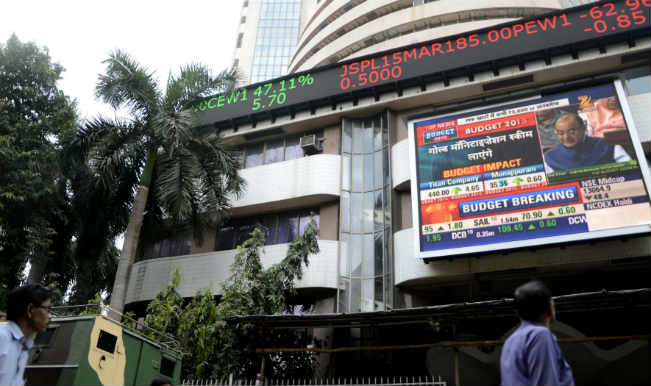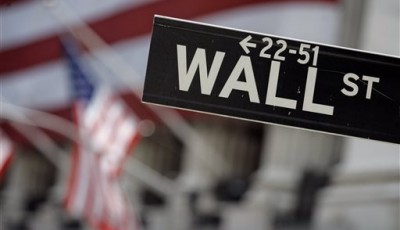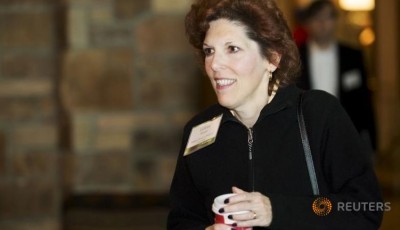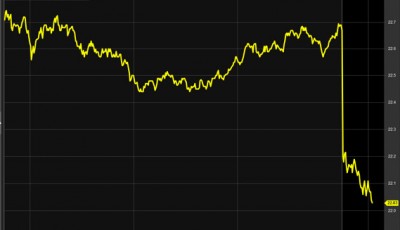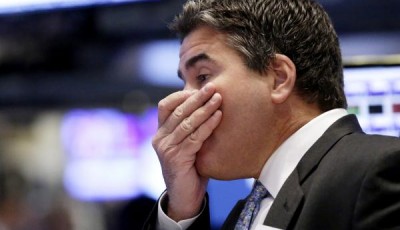EPFO enters stock market with Rs 5000 crore corpus
According to EPFO, transparency, liquidity, diversification, flexibility and cost-effectiveness are amongst the many advantages of investing in ETFs and index-based ETFs.
With increasing its investment limit to 15%, the EPFO could become the second largest domestic institutional investor in capital markets after market giant LIC, which has invested over Rs 2 lakh crore in the market.
Pension fund body Employees Provident Fund Organisation, the pension fund body that recently opened up to equity market investments, today announced its first equity investment.
The Employees’ Provident Fund Organisation (EPFO) will allocate 50 billion rupees ($784 million) in the year to March 2016 for exchange traded funds that track the country’s two main share indexes, but could increase that to as much as 70 billion to 80 billion rupees, the fund’s commissioner, K.K. Jalan, told reporters.
The EPFO will invest 75 per cent of the targeted amount in the mutual fund’s Nifty ETF and the rest in the Sensex ETF at regular intervals. The minister said that the return from this investment will be more than the 8.75 percent that EPFO offers to subscribers now. “When the central PSE ETF gets ready, we will think of investing in that as well”, Union labour minister Bandaru Dattatreya said.
With EPFO mopping up Rs 8,200 crore during the first quarter, EPFO’s monthly investment in ETFs will be Rs 410 crore initially.
Although its new investment pattern allows it to invest in direct stocks and spend up to 15 per cent into stock markets, its central board of trustees approved investing only five per cent in equities.
The EPFO’s entry into stock market was hanging fire due to stiff opposition from labour unions.
He was, however, soon to add that “even though the EPFO, with its Rs 6.6 trillion corpus, will be investing only 5% of its incremental flow by the end of the current fiscal, we will review the situation after that to decide whether we should increase it to 15% next year”. We are a long-term player and in long-term equity market behaves in a positive manner.
“But risk element of equity going down is always there”.
“As of now there is no plan to invest in any other ETF other than the equity ETF”, Dattatreya said.
SBI MF managing director and chief executive Dinesh Khara said, “It is a very good substitute when compared with FII”.
“We will see how this goes and we hope to increase our equity investments”, Jalan said. The retirement money coming into equities will help in economic growth. “Studies have revealed that investment in markets have given better returns across the world”.
